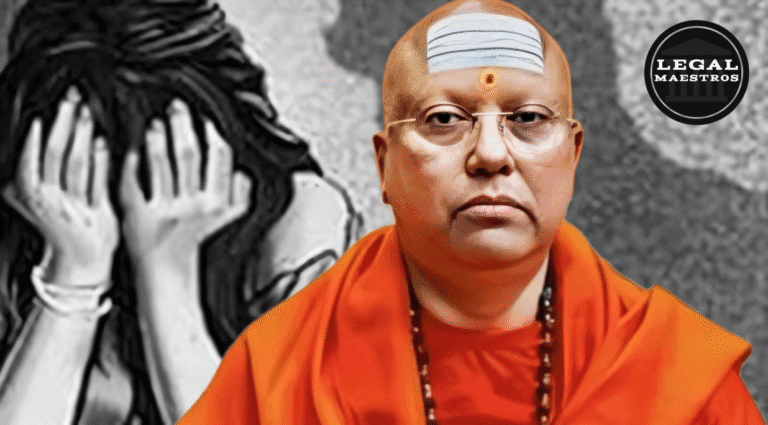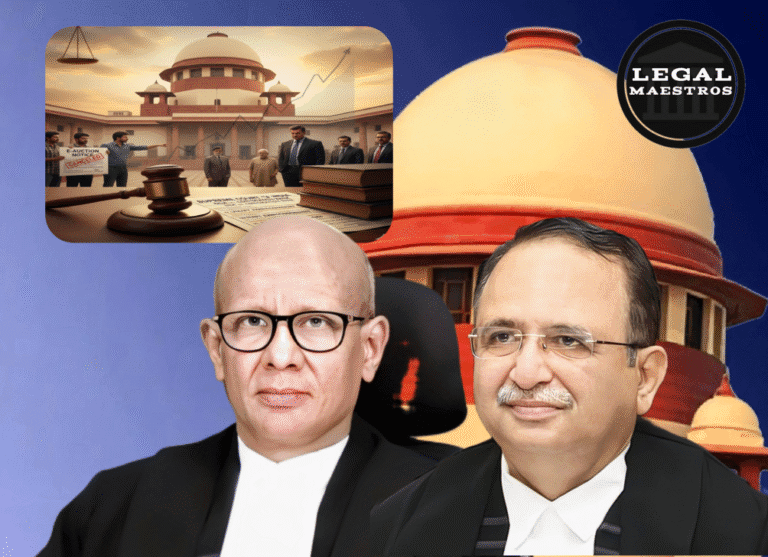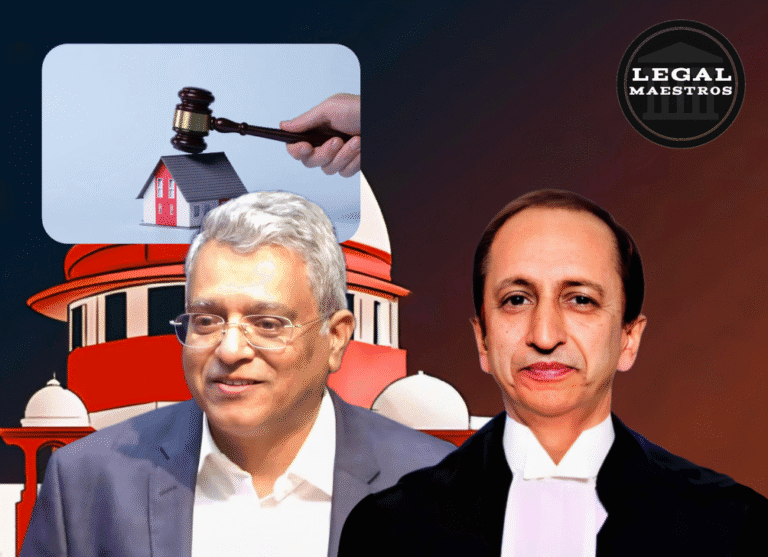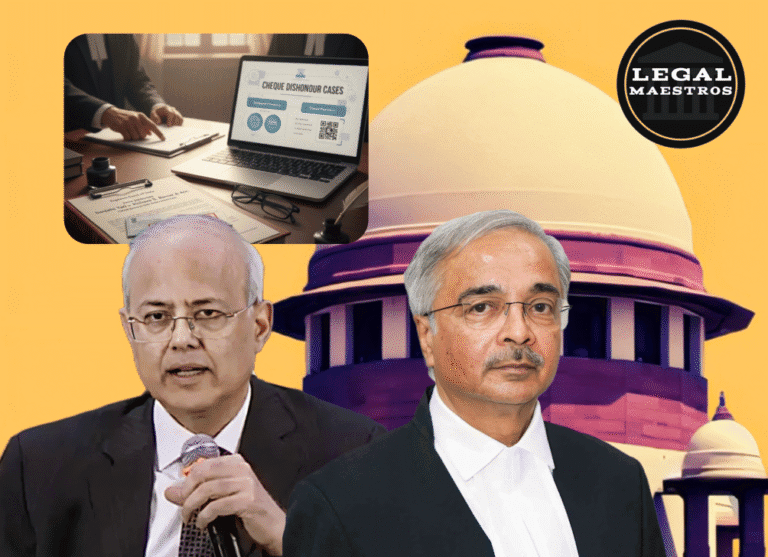
Bollywood which happens to be the largest film industry in India has continually come under the radar due to gender biases. Recently, Deepika Padukone one of the top actresses in the country expressed her misgivings towards the disparity in salaries and the strenuous working cutbacks women in the industry have to endure. Her remarks have once again thrust the light on the aspect of gender equality, job injustices, and the roles of the government and the entertainment sector in the provision of justice in all instances. These confessions are not the personal gripes, however, but the evidence of a systematic issue that calls into question the Indian Constitution and labour-related acts.
Constitutional Framework and Defining Equal Rights between Men and Women
The Indian Constitution also ensures equality and that nobody has to be discriminated against on the basis of gender among other grounds. Article 14 guarantees equality before the law, as well as the equal protection of the law for all citizens. This article passes it obligatory on the state to treat men and women on a similar ground in all avenues of society including employment. Article 15 states that no one can discriminate based on religion, race, caste, sex or place of birth Article 16 gives the provision of equality of opportunity on the issue of employment in the community.
In spite of the above, discrimination on gender continues even in the private sector such as Bollywood where women actresses are in most cases largely underpaid in relation to male actors regardless of their definite and/or large share in the success of a movie. Deepika Padukone has written about the experience of being underpaid due to the many movies that are doing well at the box office compared to the ones headed by male actors.
Labour laws provisions
Labour laws in India such as that of the Equal Remuneration Act, 1976 explicitly solve the problem of unequal pay. This Act is an act which provides that employers are required to pay equal remuneration for like work or work of a similar nature to both men and women workers. It also does not allow discrimination in employment and terms of service except in cases where a given law exists to make it different.
The other applicable law is the Factories Act, 1948, which is related to working conditions since it sets a limit on the amount of working hours in order to avoid overworking workers including women. In line with the spirit of the law Bollywood should be put under the purview of this law even though the nature of work that Bollywood operates under is of a contractual nature. Lack of breaks and working too long without proper pay and rest is inconsistent with the right to human dignity stated in Article 21 of the Constitution which guarantees the right to life and freedom of an individual.
In this respect, the Sexual Harassment of Women at the Workplace (Prevention, Prohibition and Redress) Act, 2013, also matters. The law is aimed at establishing a safe and secure workplace for women. It contains measures on the Internal Complaints Committee and requires employers to take steps to see that women do not face harassment and that they do not have unsafe working environments. Although there is little change in Bollywood through the law, most women in the industry, staff and crew, especially, are still in an unsafe or inequitable workplace where they lack a solid grievance redress mechanism.
Judicial interpretation and landmark judgements
The Supreme Court and other High Courts have stressed time and time again that gender equality is a vital aspect in the case of employment. In the case of Air India v. Nargesh Meerza (1981), the Supreme Court invalidated the existence of discriminating terms of service offered to air hostesses where they were declared against Articles 14 and 15. It was asserted by the Court that employment rules that discriminate against women or treat them differently are contrary to the Constitution.
When addressing the case of Vishaka v. The State of Rajasthan (1997), the Supreme Court provided guidelines which were to be adhered to in the prevention of sexual harassment in the workplace. The principles became the basis of the 2013 Act. The Court indicates that protection against sexual harassment and the right to work with dignity are gender equality privileges, which are human rights universally acknowledged.
In a similar way in Secretary, Ministry of Defence v. Babita Puniya (2020), the Supreme Court focused on the principle of equal opportunity and non-discrimination in the sphere of employment. This decision once more proves that women no longer deserve to be disprivileged in all respect and be denied any opportunities just because of their gender.
Such rulings also emphasize the active contribution of the judicial system to the implementation of gender justice. Enforcement and implementation is however loose in areas such as the entertainment industry which are informally set and where accountability is poor.
The Voice and Response of an Industry the Deepika Padukone
The case of Deepika Padukone is not exclusive. Various other actresses both present and past have shared this concern. It is largely due to the inexistence of written contracts, the absence of unambiguous wage norms, and the fear of retaliation which makes many women behind the scenes in Bollywood remain silent as well.
The readiness of Padukone to speak out can make other people feel empowered to talk out and seek equal treatment. The fact that she also points out how there must be powerful unions or guilds that represent the rights of women in the industry, from actors to technicians, emphasizes this point. Although a number of production houses have gone through the change of being gender-sensitive, they have a long way to go.
The problem of unequal pay and excessive work hours imposed on women in Bollywood is structural inequality and it is against the principles of the Constitution of India and other labour laws. Though there exist laws, there is a problem with applying them in sectors where no regulation is made such as the film industry. The amount of bravery shown by women such as Deepika Padukone needs to be followed up by forceful action by institutions, the pressure of the masses, and the judiciary to make sure that the right of women laborers is upheld. The challenge of handling gender justice in the entertainment industry is not just about doing the right thing but more about the commitment of the country in terms of equality and human dignity.





